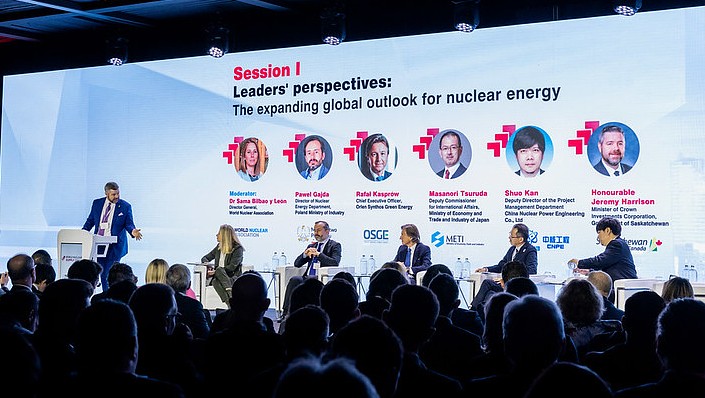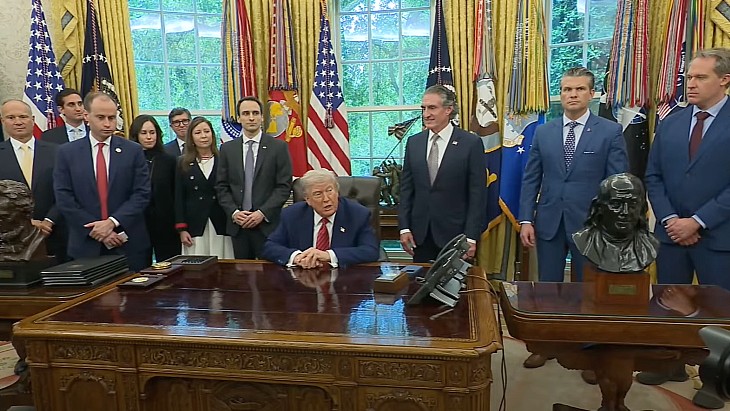Kuwait to form nuclear energy commission
Tuesday, 3 March 2009
A statement from the Kuwaiti cabinet announced that a national committee for the use of nuclear energy for peaceful purposes, headed by prime minister Sheikh Nasser Al-Mohammad Al-Ahmad Al-Sabah, would be tasked with setting up the policies required for a nuclear energy program in cooperation with the International Atomic Energy Agency (IAEA). The draft legislation to set up the commission must now be passed by parliament and endorsed by the country's ruler, Emir Sheikh Sabah Al-Ahmad Al-Sabah.
Media reports citing the Emir have previously suggested that "a French company" is studying the country's plan for a civil nuclear power station, while French President Nicolas Sarkozy made his first official visit to the state in February.
Kuwait is rich in oil and gas reserves, but like the other countries in the six-state Gulf Cooperation Council (GCC) is looking towards nuclear as an option for both power and desalination. The GCC - its other members are Saudi Arabia, Bahrain, the United Arab Emirates (UAE), Qatar and Oman - embarked on a feasibility study for a regional nuclear power and desalination program, in cooperation with the IAEA, in February 2007.
In setting up its own nuclear energy commission Kuwait is echoing the UAE in showing further commitment towards its nuclear power plans. The UAE has published its own nuclear energy policy, with plans for three operational nuclear power plants by 2020. It has signed nuclear cooperation agreements with France, Japan, the UK and the USA, and is expected to sign a contract for its first plant later this year.
Meanwhile, Jordan has also been moving towards setting up its own nuclear program. It is expected to sign a cooperation agreement with Russia soon, and according to reports has already initialled a bilateral deal with Russia's Rosatom, while AECL of Canada is exploring the feasibility of deploying Candu reactors in Jordan. Jordan has nuclear cooperation agreements in place with Canada, South Korea, the USA and the UK, and recent exploration agreements with France's Areva and Rio Tinto could herald the mining of the country's known uranium resources.
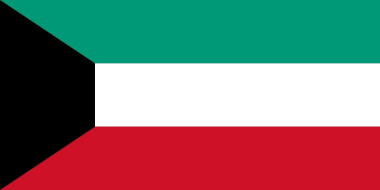 Kuwait's cabinet has approved a draft project to set up a national nuclear energy commission, the third Middle Eastern country to take real steps towards establishing its own nuclear power program.
Kuwait's cabinet has approved a draft project to set up a national nuclear energy commission, the third Middle Eastern country to take real steps towards establishing its own nuclear power program.
Kuwait's cabinet has approved a draft project to set up a national nuclear energy commission, the third Middle Eastern country to take steps towards establishing its own nuclear power program in recent months.
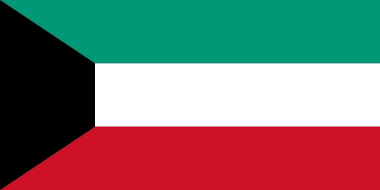 |
Media reports citing the Emir have previously suggested that "a French company" is studying the country's plan for a civil nuclear power station, while French President Nicolas Sarkozy made his first official visit to the state in February.
Kuwait is rich in oil and gas reserves, but like the other countries in the six-state Gulf Cooperation Council (GCC) is looking towards nuclear as an option for both power and desalination. The GCC - its other members are Saudi Arabia, Bahrain, the United Arab Emirates (UAE), Qatar and Oman - embarked on a feasibility study for a regional nuclear power and desalination program, in cooperation with the IAEA, in February 2007.
In setting up its own nuclear energy commission Kuwait is echoing the UAE in showing further commitment towards its nuclear power plans. The UAE has published its own nuclear energy policy, with plans for three operational nuclear power plants by 2020. It has signed nuclear cooperation agreements with France, Japan, the UK and the USA, and is expected to sign a contract for its first plant later this year.
Meanwhile, Jordan has also been moving towards setting up its own nuclear program. It is expected to sign a cooperation agreement with Russia soon, and according to reports has already initialled a bilateral deal with Russia's Rosatom, while AECL of Canada is exploring the feasibility of deploying Candu reactors in Jordan. Jordan has nuclear cooperation agreements in place with Canada, South Korea, the USA and the UK, and recent exploration agreements with France's Areva and Rio Tinto could herald the mining of the country's known uranium resources.
Most Read

International banks express support for nuclear expansion
Monday, 23 September 2024
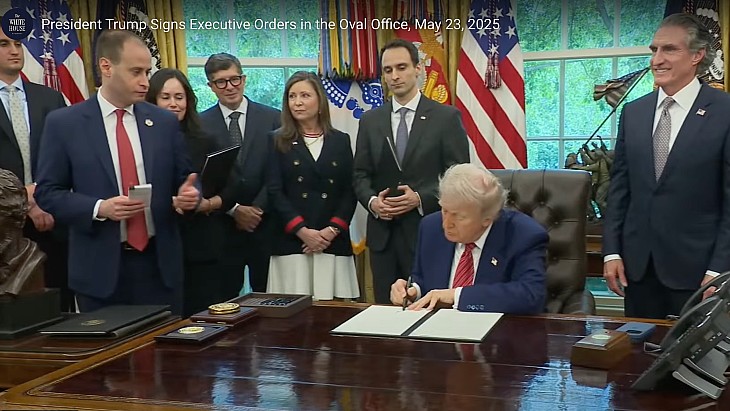
Trump sets out aim to quadruple US nuclear capacity
Saturday, 24 May 2025

Cabinet moves to reverse Italy's anti-nuclear stance
Monday, 3 March 2025

Sweden budgets for nuclear new build
Wednesday, 11 September 2024
Podcasts & Features
Podcast: World Nuclear Supply Chain conference
Podcasts & Features Wednesday, 18 June 2025
Podcast: President Trump's nuclear announcements
Podcasts & Features Thursday, 29 May 2025

Related Stories




